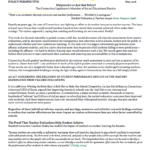
Malpractice or Just Bad Policy? The Connecticut Legislature’s Abandon of Sound Educational Practice
Policy Perspective
May 2016
This week the General Assembly is poised to enact a bill that would disconnect all objective assessments from teacher evaluations, and by extension would remove the transparency that otherwise allows schools, leaders and the public to understand whether and how students are learning. In the state with the largest achievement gap between more affluent and poor students, and in a nation that has more than 60 percent of all students failing to meet proficiency—including the affluent—it’s hard to believe that any state would entertain such a law. We can all agree that teachers believe their jobs are to reach and teach their students, and removing any accountability to this is malpractice.
Connecticut fourth graders’ performance declined in the national math assessment in 2015 and just 41 percent of its students—fewer than half! —are proficient in math while eighth graders remained at a measly 36 percent proficient. These results are only marginally better than 2 decades ago, when the teachers union challenged evaluating teachers. And yet, this wrongheaded thinking is seeing the light of day again in Connecticut, this time as a bill simply titled:
AN ACT CONCERNING THE EXCLUSION OF STUDENT PERFORMANCE RESULTS ON THE MASTERY EXAMINATION FROM TEACHER EVALUATIONS.










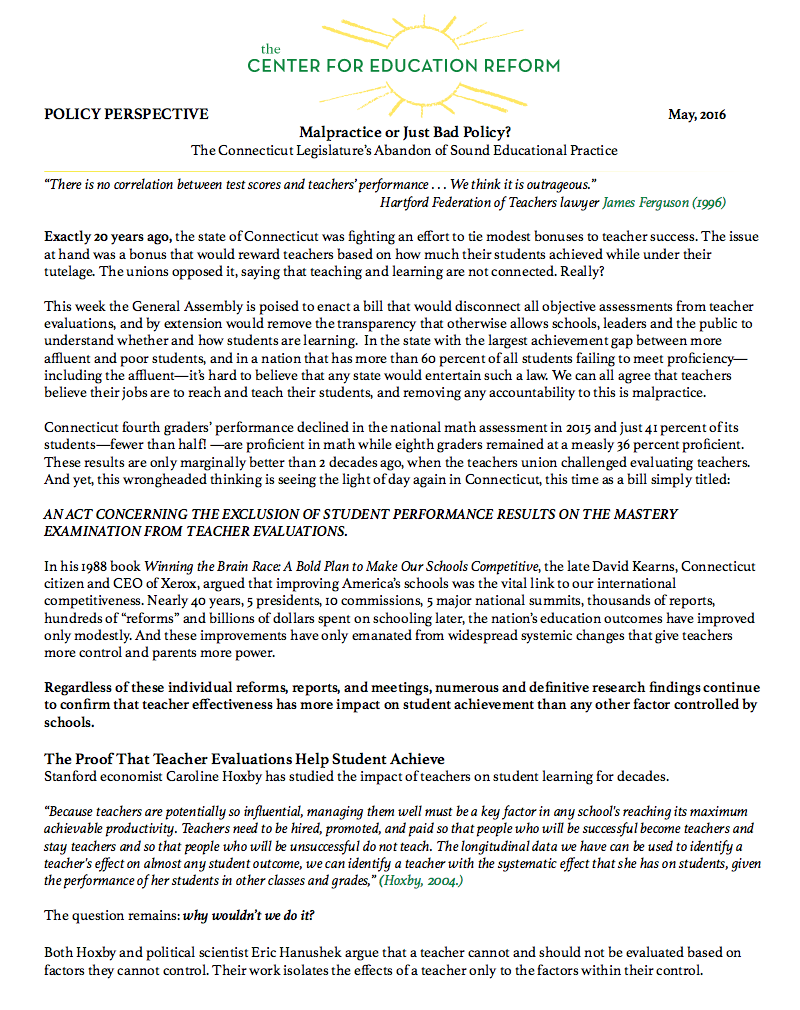
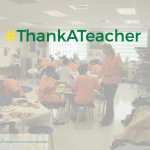
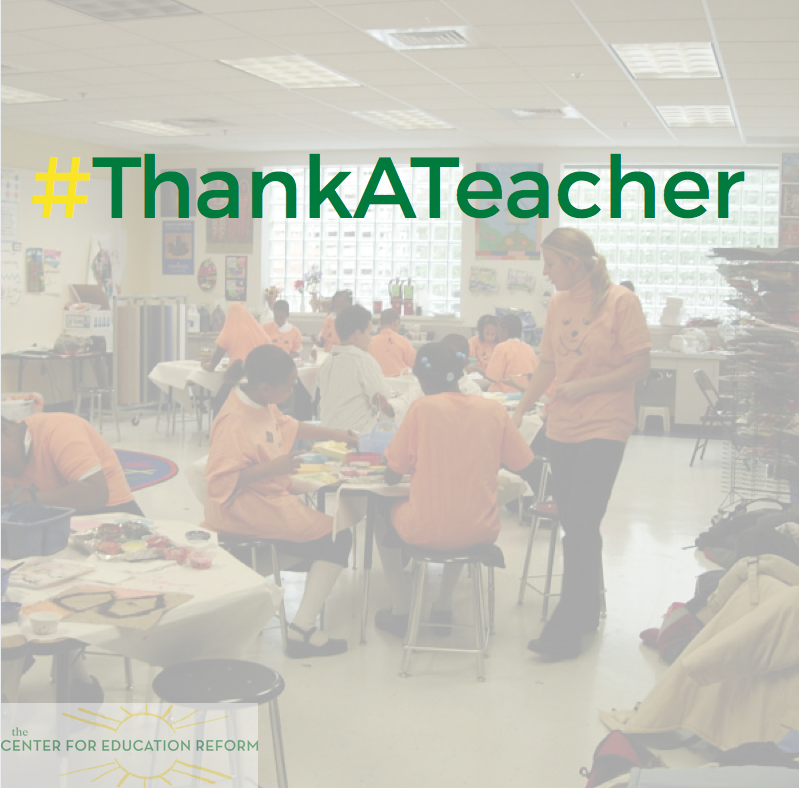
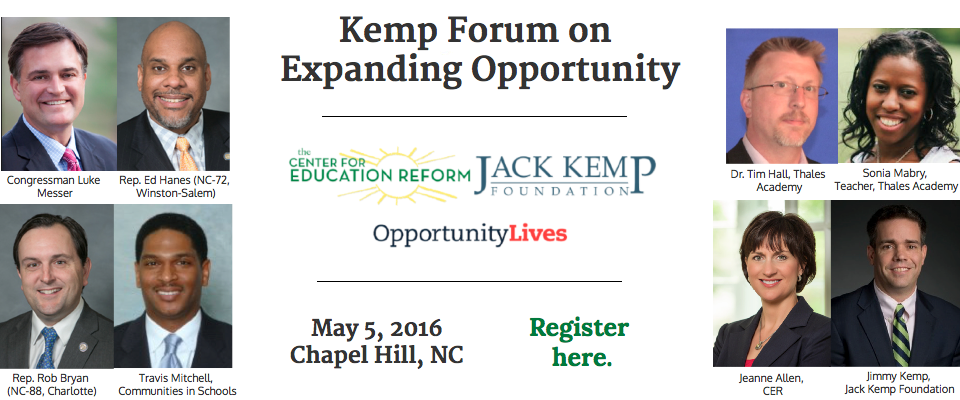
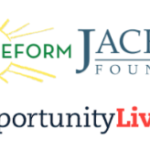


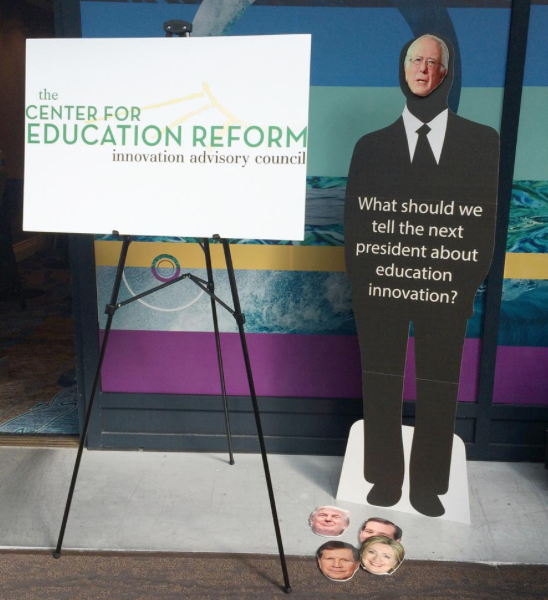
A Majority of U.S. 12th Graders Lack Proficiency
A NATIONAL IMPERATIVE TO EXPAND EDUCATION OPPORTUNITY
Commentary on the 2015 National Assessment of Educational Progress (NAEP) Results
Jeanne Allen, Founder & CEO, The Center for Education Reform
(WASHINGTON D.C. 4.27.16) Today’s report by the National Assessment of Educational Progress (NAEP) is an urgent reminder of the crisis in U.S. education, with just 37 percent of all 12th graders making the grade in reading and 25 percent in math, and achievement gaps growing among minority kids. Only seven percent of African-American students scored proficient or better in math, and 17 percent scored proficient or better in reading. For Hispanic 12th graders, 12 percent scored proficient or above in math, and 25 percent scored proficient or above in reading. The number of 12th grade students failing to demonstrate even basic levels of math and reading achievement increased from the last time the test was administered in 2013.
THE JUSTIFICATION FOR EXPANDED OPPORTUNITY – SOBERING DATA
NAEP data combined with information on college readiness presents a clear picture on the need to improve and expand access to innovative learning opportunities:
SOLUTIONS EXIST
Highly credible research studies examining student achievement gains over time provide deeper insight on actual learning gains and show that students in opportunity-based learning environments are making progress at rates much faster than traditional school students. They are also making progress in narrowing achievement gaps among minority students:
THE NATIONAL IMPERATIVE
Amid these grim statistics, we can find hope in the fact that more and more entrepreneurs and policymakers are doing extraordinary things and breaking the mold to foster innovative learning opportunities that lead to better outcomes and results for our nation’s children. Twenty-five years ago, policymakers on both sides of the aisle in Minnesota came together to craft a novel policy, a charter school law, to allow for a new type of public school to solve the persistent problem of underachieving schools and a growing dropout problem. Today, there are more than 6,800 charter schools educating more than three million students. These schools were the first among public schools to show that innovations in teaching and learning can lead to student achievement, with results that outpace most comparable conventional schools and accomplishing this feat despite adverse funding conditions. As lawmakers enact more laws that provide children access to greater opportunities to achieve upward mobility, there is also unprecedented application of technological, teaching and system innovations being tested and applied.
This is the era in which schools find themselves, and yet the Nation’s Report Card demonstrates that the majority of schools have still not caught up with the pace of advancement sweeping other flexible schooling structures. Most students are still sitting in rows and amidst systems created when education was simpler, flatter and less homogeneous, and well before the age of labor contracts and large bureaucracies dictated the bulk of actions a school must undertake daily. To apply what works demands not only a reset on this outdated system, but meaningful measures that test and evaluate that which is working. NAEP provides only an aggregated snapshot of academic achievement across samples of students across states, and does not capture individual student progress or outcomes.
We do not have another 25 years to wait for the flexibility to apply the pathbreaking research and innovations that exist today to the schools of tomorrow. NAEP’s ongoing assessment of students does not change dramatically for better or worse year after year. While it is unwise to use NAEP scores to make speculations surrounding specific policies due to the nature of the data, we know that unleashing the power of innovation and opportunity can drive success for even the most disadvantaged students. Policymakers must free the schools. Schools must update their infrastructure to make learning more personalized in an increasingly technological and global world. And they must do so in a way that does not shut out access for those traditionally underserved by our education system. Resetting the landscape for structural change in education requires providing maximum opportunities for kids, teachers and families, and allowing flexibility for innovations to be tested and applied.
ABOUT NAEP
The National Assessment of Educational Progress (NAEP), often called “the Nation’s Report Card,” is designed to show students’ results over time, and has been in place since 1971. Whereas most standardized tests compare students to one another, NAEP compares them to where they should be as determined by standards adopted with widespread consultation across the education sector. Thus, it tends to be a more realistic appraisal of student performance. Over the years, this “nation’s report card” has become the barometer for assessing if U.S. students are meeting expected levels of performance.